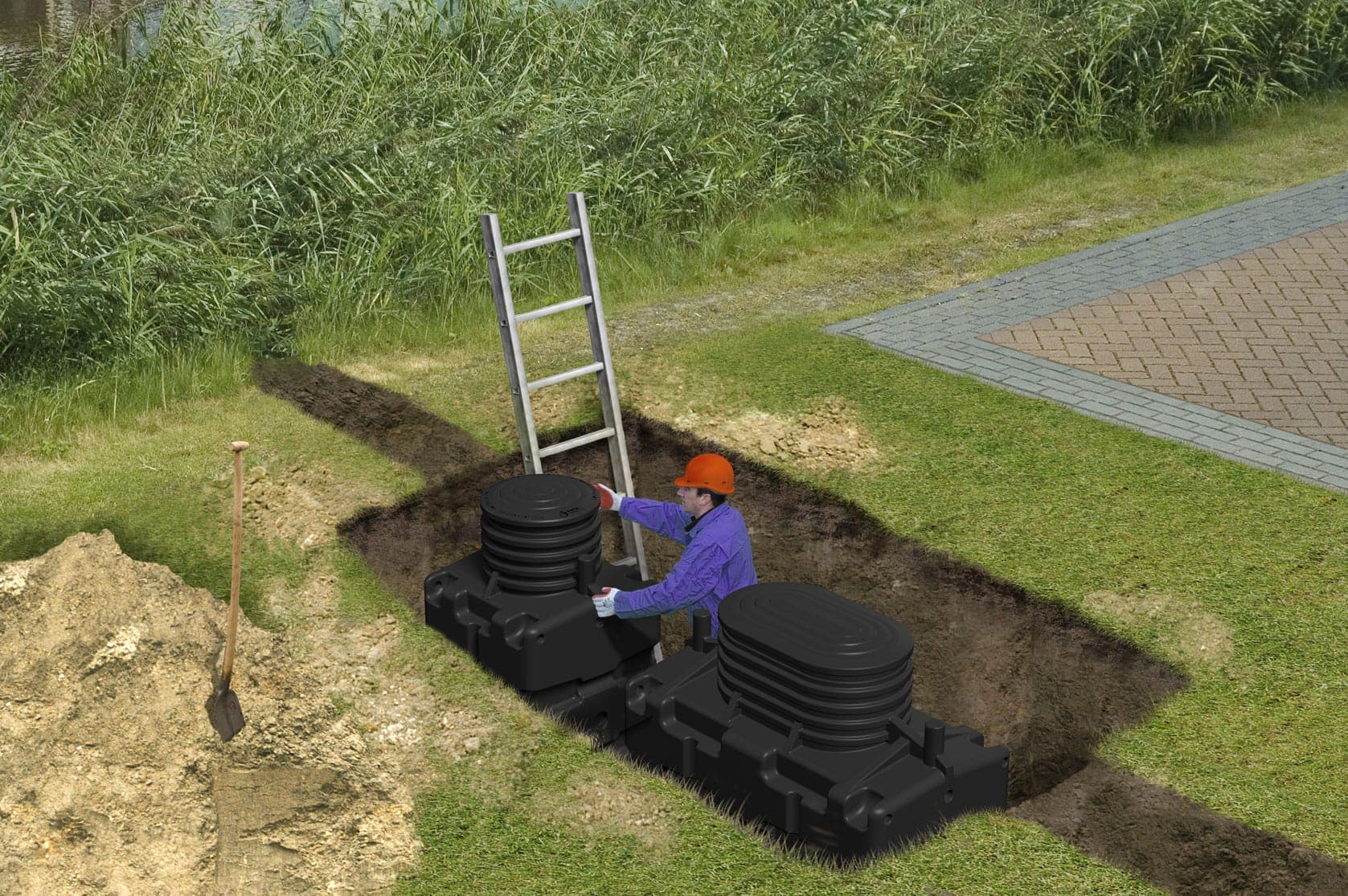What is the price of an individual sewage system? This is a question that many homeowners are asking themselves as they weigh their wastewater treatment options. Various factors come into play when determining the final cost of an individual wastewater treatment system. These include the cost of installing the system, as well as administrative and maintenance costs.
In this blog post, we'll look at one of the first factors: the cost differences between micro-stations and compact filters.
Micro-stations and compact filters are two of the most popular individual sewage system options on the market. But what are the differences in price between these two options? Both options have their own advantages and disadvantages, so it is important to weigh all of the factors before making a decision. The final cost of an individual sewage system will depend on the specific circumstances of each homeowner.
Compact filters are typically more expensive than micro plants, but the running costs are usually lower. This is because compact filters have lower maintenance costs since they have fewer moving parts. Also, they don't require any electric power to treat wastewater: unless the installation requires the installation of a lifting system.
If you're looking for an individual sewage system option that is more effective, then a compact filter might be the better choice. Compact filters are able to remove more impurities from wastewater than micro plants. So, if you're interested in ensuring that the environment is protected, then a compact filter might be the right individual sewage system option for you.
Several factors come into play and make the price of these two types of individual sanitation systems vary, such as the choice of materials and the technology adopted, but also the treatment capacity of the system chosen. To help you make your choice, here is a table summarizing the advantages and disadvantages of the two types of systems: micro plants and compact filters.

BIOROCK treatment plant Installation
Now discover the characteristics of BIOROCK solution, combining the advantages of the two previous systems:
The compact filter is therefore a little more expensive to buy. In the long term, this cost could be justified by the fact that it does not consume energy, which is equivalent to about 50 euros per year for the micro plant. Moreover, this system is sometimes eligible for the eco-loan at a zero rate. In the end, even if the price is sometimes higher, the maintenance costs will be lower in the long term, so it's up to you to see what your priorities are, depending on your project.
Of course, there are other factors to consider when choosing an individual sewage system. The purchase cost of the device should not be considered a determining factor in the choice between a compact filter and a micro plant. Let's talk about the other costs that need to be taken into account.
What are the administrative costs, maintenance costs or subsidies available for the installation of an individual sanitation system? Find out soon in a new article.
If you want more information about BIOROCK treatment plants, discover our all range of solutions here!